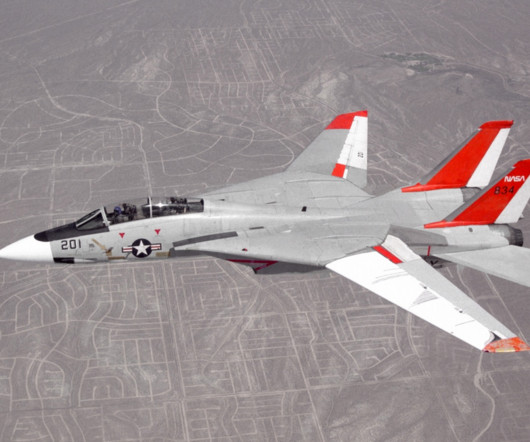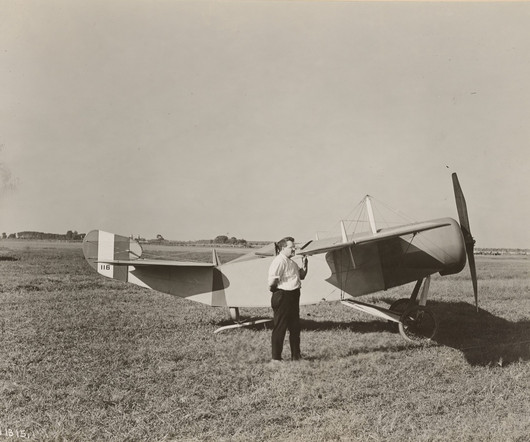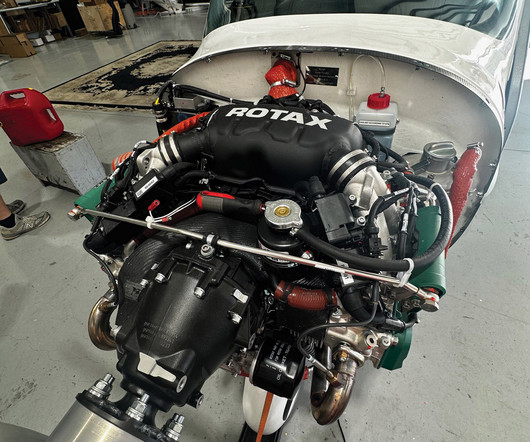Flight Test Files: Grumman F-14 Tomcat
Vintage Aviation News
APRIL 18, 2025
Photo by NASA The impetus for the program came from issues the Navy had encountered with inadvertent spin entries, which were traced back to the aircrafts aileron rudder interconnect system. These glove modifications served to smooth the wing surface and alter the airfoil to achieve specific pressure distributions.












Let's personalize your content